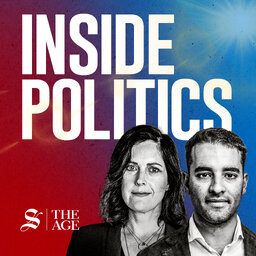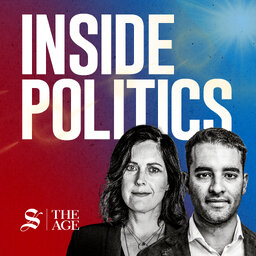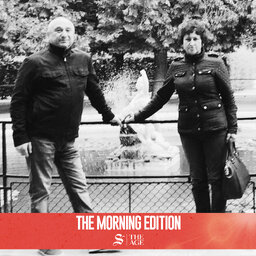Well, that was quick, about two and a half hours after the polls had closed, the election had already been called for the incumbent Labor government. But as the night went on, Anthony Albanese’s win was looking like a landslide, and Labor increased its majority in parliament. For the opposition, it was disastrous, its leader Peter Dutton has lost his seat in parliament and recriminations will surely be savage.
To talk us through the results and what it all means, we speak to chief political correspondent David Crowe and federal political correspondent Paul Sakkal.
 The Morning Edition
The Morning Edition



